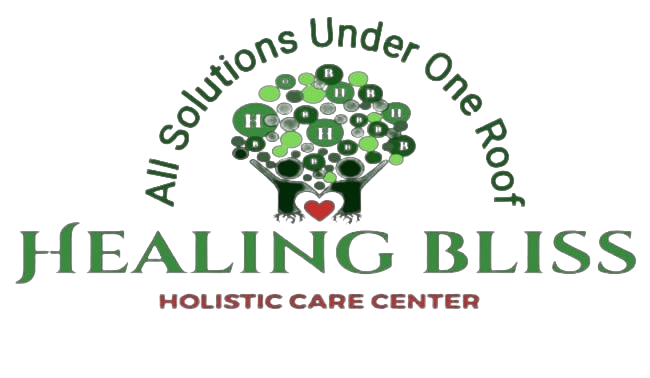Overall, yoga offers a holistic approach to improving psychosomatic and mental health by addressing the interconnectedness of the mind, body, and spirit. Integrating yoga into a comprehensive treatment plan can complement traditional therapies and enhance overall well-being.
Asanas (Yoga Poses): Certain yoga poses can help release tension from the body and promote relaxation. Poses like Child’s Pose (Balasana), Corpse Pose (Savasana), and Forward Bends can help calm the nervous system and reduce stress.
Pranayama (Breathing Exercises): Pranayama techniques focus on controlling the breath, which can have a profound effect on the mind. Practices like Alternate Nostril Breathing (Nadi Shodhana), Deep Breathing (Ujjayi), and Breath Retention (Kumbhaka) can help reduce anxiety, improve focus, and promote mental clarity.
Meditation: Meditation is a key component of yoga that helps quiet the mind and cultivate mindfulness. Meditation techniques such as Mindfulness Meditation, Loving-Kindness (Metta) Meditation, and Guided Visualization can be particularly beneficial for managing mental health issues like depression, anxiety, and PTSD.
Yoga Nidra: Also known as yogic sleep, Yoga Nidra is a guided relaxation practice that induces a state of deep relaxation and inner awareness. It can help reduce stress, improve sleep quality, and promote emotional healing.
Yoga Therapy: Some yoga practices are specifically designed to address mental health concerns. Yoga therapy sessions with a trained instructor can provide personalized practices tailored to individual needs, incorporating a combination of yoga poses, breathwork, meditation, and relaxation techniques.
Mindful Movement: Practicing yoga with mindful awareness of the body and breath can help cultivate a sense of presence and self-awareness, which is beneficial for managing psychosomatic symptoms and improving overall mental well-being.
Yoga offers a range of benefits for psychosomatic and mental health problems:
Stress Reduction: Yoga practices such as asanas (poses), pranayama (breathing techniques), and meditation can activate the body’s relaxation response, reducing levels of stress hormones like cortisol. Regular practice can help individuals manage stress more effectively and promote a sense of calmness and well-being.
Anxiety Management: Yoga promotes mindfulness and present-moment awareness, which can help individuals with anxiety disorders learn to regulate their thoughts and emotions. Breathing exercises and specific yoga poses can also directly alleviate symptoms of anxiety by calming the nervous system and promoting relaxation.
Depression Relief: Yoga has been shown to increase levels of neurotransmitters like serotonin and dopamine, which play a role in regulating mood. Regular practice can improve symptoms of depression by enhancing mood, increasing energy levels, and promoting a sense of self-efficacy and empowerment.
Improved Sleep: Sleep disturbances are common in individuals with psychosomatic and mental health problems. Yoga practices such as gentle stretching, relaxation techniques, and meditation can promote better sleep quality by reducing tension in the body and calming the mind, making it easier to fall asleep and stay asleep throughout the night.
Enhanced Self-Awareness: Yoga encourages self-reflection and introspection, allowing individuals to develop greater awareness of their thoughts, emotions, and bodily sensations. This increased self-awareness can be particularly beneficial for individuals with psychosomatic symptoms, as it helps them recognize the connection between their mental state and physical health.
Emotional Regulation: Yoga teaches individuals how to observe and accept their emotions without judgment, fostering emotional resilience and flexibility. By practicing mindfulness and breathing techniques, individuals can learn to respond to challenging situations with greater equanimity and emotional balance.
Social Support: Participating in group yoga classes or workshops can provide a sense of community and social support, which is essential for maintaining mental health and well-being. Connecting with others who share similar experiences can reduce feelings of isolation and loneliness, promoting a sense of belonging and connection.


